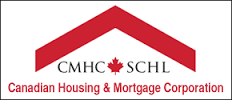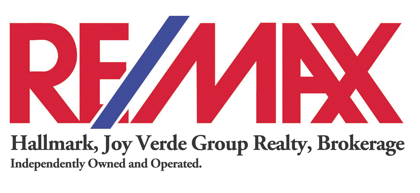
Jun
Keeping Tabs on Foreign Money
Ask any Toronto Realtor if foreign buyers have been a factor in the current boom of the real estate market and the answer is an overwhelming “YES”. In the last federal election, limiting foreign money in Canadian real estate became a big topic of discussion, particularly in Vancouver and Toronto. CMHC, the national housing agency, just revealed that it is going to make every effort to start tracking foreign money in the Canadian residential real estate market.
CMHC says part of the problem is that it is difficult to define who qualifies as a foreign buyer. Vancouver residents believe foreign buyers are obvious, as many of the foreign owned homes remain unoccupied for years. From experience, I believe it is a little more difficult to track foreign buyers in Toronto. Those purchasing in Toronto from overseas, rarely keep vacant property and choose to lease out their properties. Another, trend common to foreign buyer in Toronto is that one parent, usually Mom, moves to Canada with her children for access to education and lifestyle, while the other parent remains overseas working. Does this type of situation qualify as a foreign buyer? Yes, the money technically comes from foreign countries, but these families want to live, grow and contribute within the communities they live and don’t fall into the stereotype of an absentee foreign buyer.
The question that CMHC needs to tackle is the health of the Canadian real estate market being threatened by foreign ownership? And, how is foreign money impacting affordability? Many other countries have dealt with this issue in the past, here are a few ideas that CMHC may consider if there is a revision down the road.
Australia has the Foreign Investment Review Board limiting buyers from outside the country to newly constructed houses or condominiums. For a foreigner, there is a $5000 fee for the right to place a bid on a property. This $5000 surcharge goes up an additional $5000 for every million-dollar leap in purchase price. If a foreigner purchases vacant land, a new home has to be constructed on the property within 2 years. Hefty fines and up to 3 years in prison are some of the consequences for breaking the rules.
The United Kingdom as of 2015 has put a considerable capital gains tax on foreign owned property. The government can tax up to 28 per cent of the sale price on foreign-owned residential property.
Switzerland, demands longevity from its foreign buyers and forbids foreigners from selling a property for a fixed period of time, sometimes up to a decade.
It will take time for CMHC to assess the scope of the situation in Canada. A good start would be to adopt an accurate strategy for identifying the number of foreign owners across Canada, but particularly in cities such as Vancouver and Toronto. Based on various surveys, the current speculated percentage of foreign ownership range from a conservative 3-5% on a whole. However, in the Vancouver luxury market, it has been estimated that foreign ownership is as high as 65%. Sotheby’s did a Toronto survey and estimated that 25% of the luxury market is foreign owned. Once a reliable tracking system is in place, CMHC will have the information necessary to set the right course of action.



